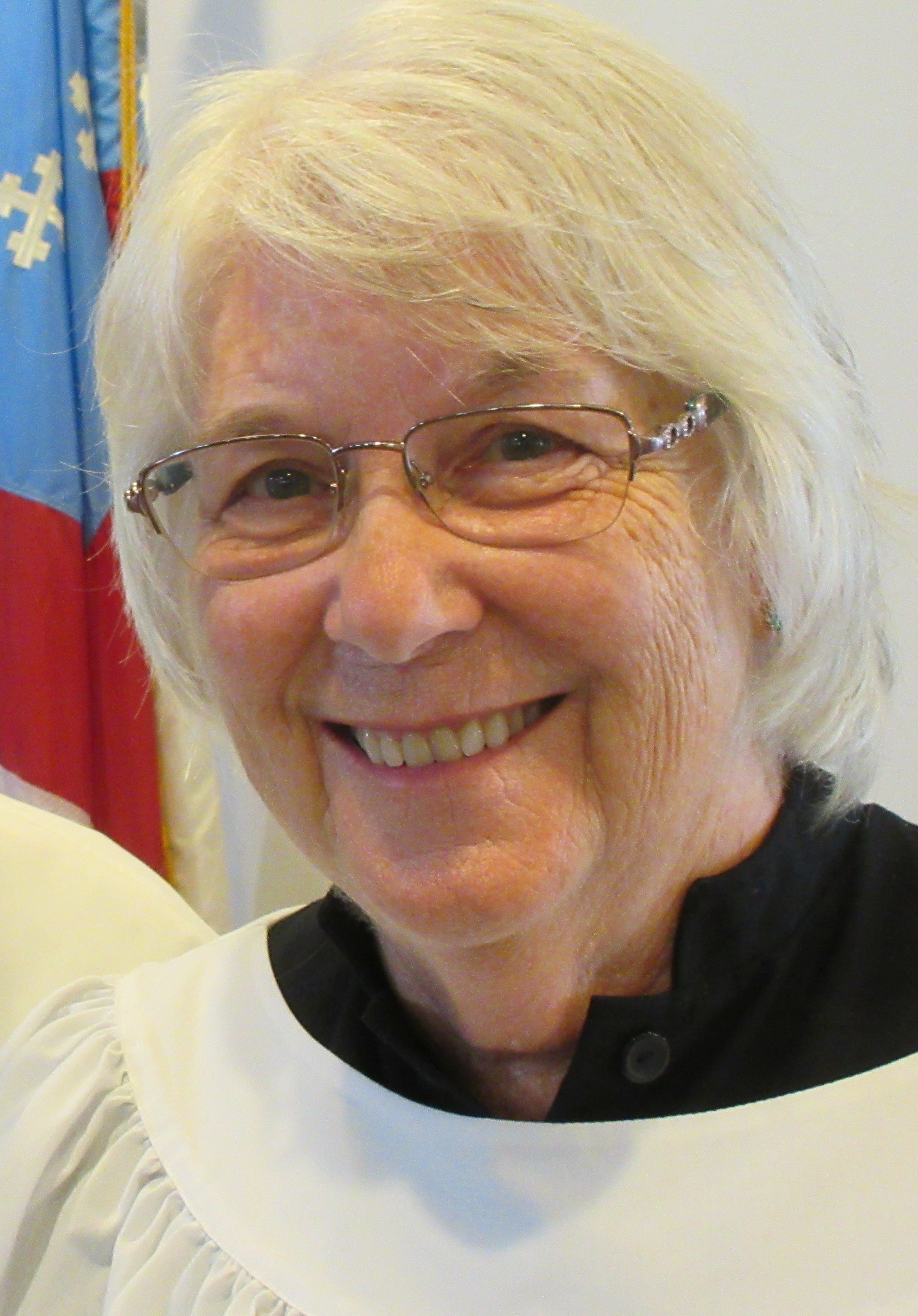Giving Lazarus a name
Luke 16:19-31

Sunday Sermon
Barbara Metcalfe
Licensed lay preacher
Sep. 29, 2019
This morning, just imagine that you’re a contestant on “Jeopardy!” You’ve been winning game after game, so you have a lot of money at stake. It’s “Final Jeopardy” and Alex Trebek announces that the category is the Bible. Of course, you risk everything for a topic you know so well.
Trebek says “the answer is ‘the only character in any parable that Jesus gives a name to.” The clock starts ticking, but the audience sees a smile on your face. You respond with “Who is………..Lazarus!”
In all the other parables, people are called something like “a Samaritan” or “the unjust judge” of “the Prodigal son.” Later, tradition assigned the name of Dives to the rich man in today’s parable, but it just means “rich man,” and it isn’t part of the reading we heard today.
When you read the parable about Lazarus and Dives, you get the idea that Dives has been condemned forever. Maybe he was.
If you’ve ever been to Europe and seen the carvings and paintings that adorn many of the cathedrals there, you know that there’s a tradition that people are divided at death –some to heaven, and some to eternal punishment. There are Christian preachers out there today who also speak about a hell for eternity.
Maybe so. But the most recent issue of Christian Century is focused on this question, and it tells us of the Bible that “statements on the salvation of all far outnumber those on eternal punishment.”
So Jesus’s message is not to threaten us sinners with eternal punishment. It is a parable, a story with a point. I think Jesus was trying to find the most extreme way to say what he wants urgently for people to comprehend. I think Jesus told this story in these extreme terms because it was such an important point to make.
Jesus is the answer to Dives’ prayer that somebody should go tell his brothers that they can’t ignore the beggars at the gates.
Jesus wants us to notice the people in need around us. And it made me think about the people around us that we don’t notice. If you live in a comfortable home, as I do, do you notice the people who do the yard work in sweltering heat? Does it ever occur to me to maybe go outside with a few cold water bottles?
Dives doesn’t notice. Lazarus is suffering at his very own gate, not only hungry, but sick to the point that the dogs lick his sores, and Dives doesn’t notice.
What Dives wants Abraham to do is to tell his brothers in no uncertain terms what he has finally learned: that they have an obligation to notice the poor and the sick and the hungry. Learn from what’s happened to me, your brother! Yeah, yeah, they’ve heard Moses and the prophets, but he wants certainty. He wants the message to come from him—maybe they’d believe it.
So Jesus is telling us in this parable that we have certainty—the certainty that God wants this from us, to listen, to notice those around us in need, to think of them as people with names, and to take action for them. It means stepping out from the comfortable routine we enjoy. And the certainty we get is the example of Moses and the prophets and Jesus himself, who will rise from the dead.
I think that’s why Jesus gave Lazarus a name. Finally he has been recognized as a person with value, with dignity, as he never was in life.
When others don’t have food and health care and shelter, it IS our problem—and when we do what we can to help, we are telling God that we’ve heard, that we have noticed. We trust that against all worldly wisdom, we are called to give of our wealth to feed the hungry, heal the sick, and comfort the suffering.
Somehow, we must be people who listen to God’s word, just as Dives finally realizes that’s what he should have done. Let’s notice the suffering people around us. Let’s give them a name. God would have us do so.
SUPPORT ST. PAUL'S DONATE NOW OR RECURRING DONATION

3901 Davis Blvd., Naples, Florida 34104 239-643-0197 Office hours 9 a.m. to 1 p.m. Monday-Friday


